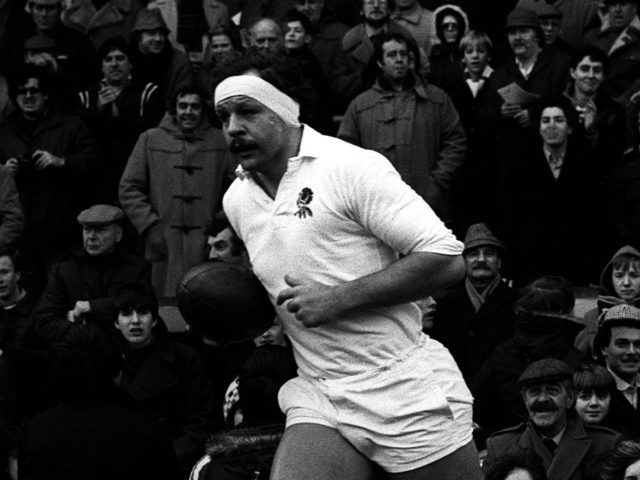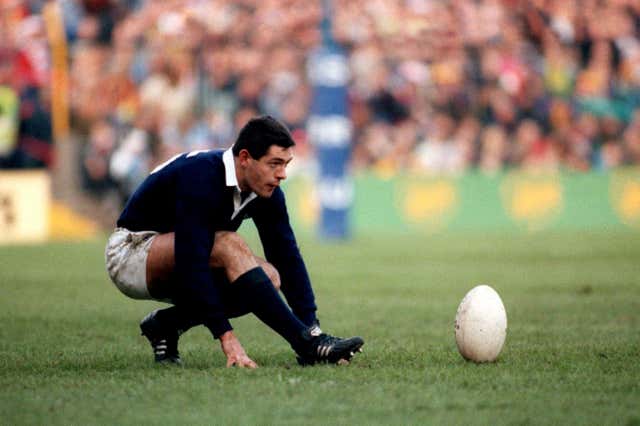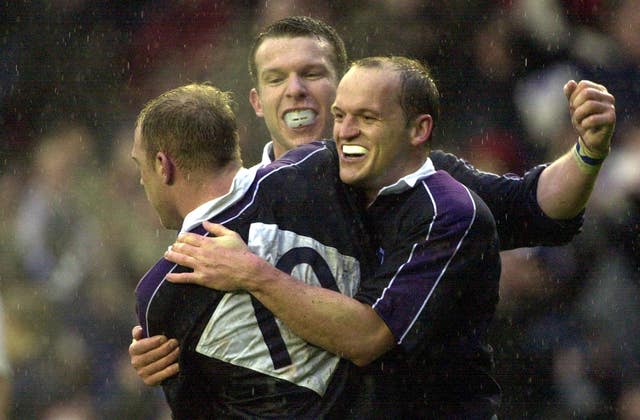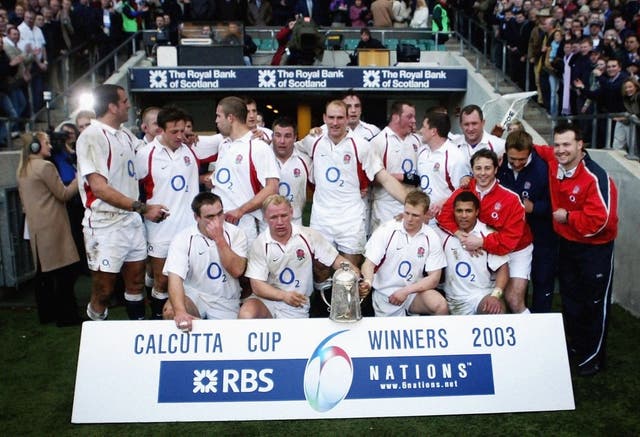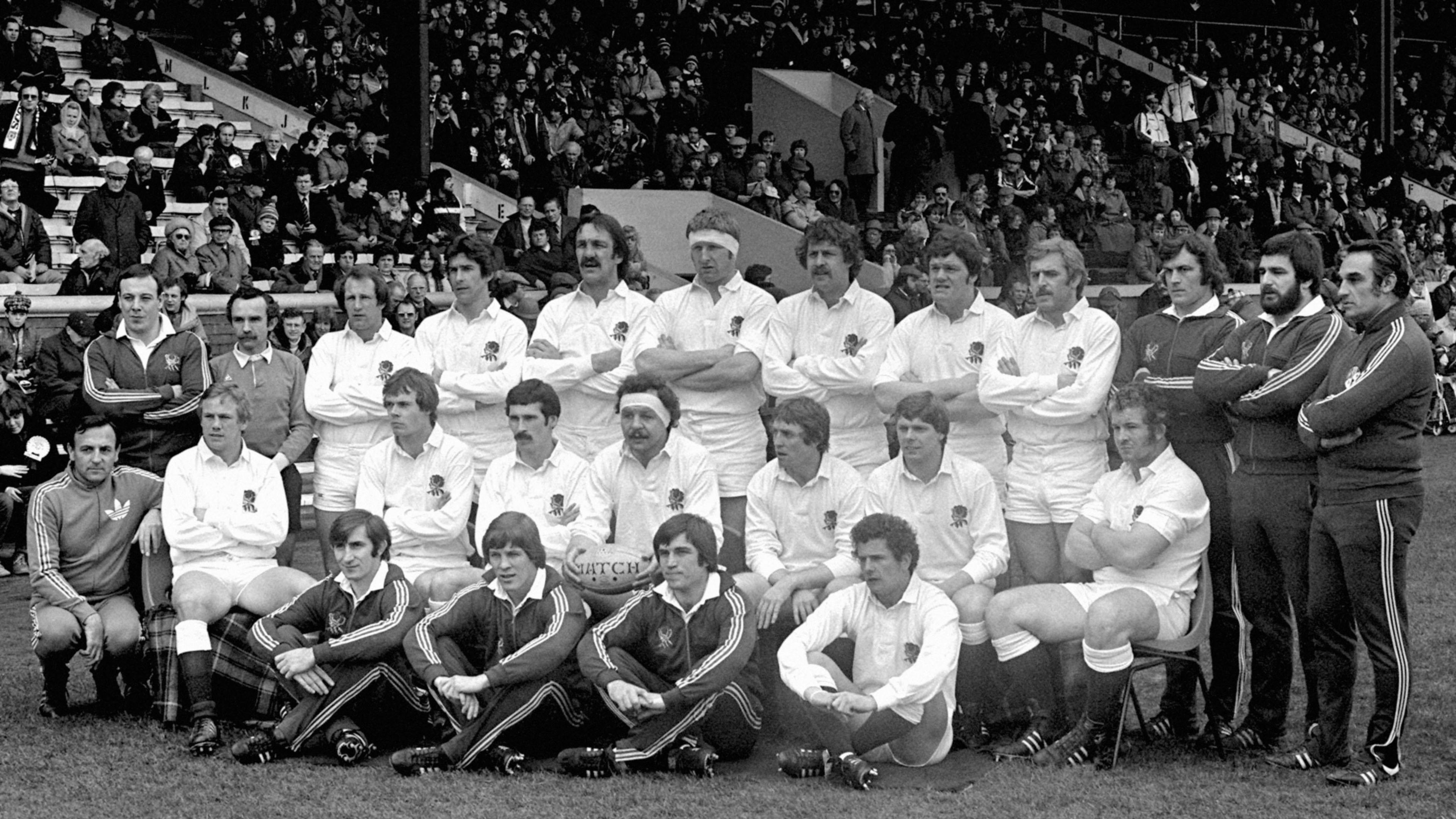
UNBEATEN England travel to Murrayfield to take on Scotland in this year’s NatWest Six Nations Calcutta Cup clash.
Scotland have not won this famous fixture since the 18-12 victory at Murrayfield 10 years ago and here, Press Association Sport takes a look at five classic encounters between the two sides.
Beaumont engineers Grand Slam victory
Scotland 18 England 30, 1980
After a period of Welsh dominance in the previous decade, England clicked under the leadership of Bill Beaumont in the 1980 Five Nations championship.
They travelled to Murrayfield on March 15 to face Scotland with their first Grand Slam since 1957 in their sights. In an electric atmosphere, charged with the most bitter of rivalries, England dominated thanks to their front five which included Beaumont, Fran Cotton, Phil Blakeway and Maurice Colclough.
Wing John Carleton scored a memorable hat-trick, and with the first title since 1963 and the Grand Slam in the bag, the game is remembered by the image of Beaumont being carried off the pitch on the shoulders of his team-mates in celebration.
Murrayfield mauling
Scotland 33 England 6, 1986
This Murrayfield encounter marked the pinnacle of Scottish dominance over England in the then Five Nations and was their third win in four years against the Auld Enemy.
The 27-point margin also remains the biggest win by either side at Murrayfield and Scotland’s largest in Calcutta Cup history. Matt Duncan, Scott Hastings and John Rutherford scored tries for the hosts, with Gavin Hastings on target for all three conversions and five penalties.
England’s points came from two Rob Andrew penalties.
Grand Slam hopes washed away
Scotland 19 England 13, 2000
Grand Slam-chasing England were left reeling by Scotland in this memorable Murrayfield clash, with four penalties, a try and a conversion from Duncan Hodge clinching a shock victory.
Ian McGeechan’s Scotland had lost their previous four games but were revitalised in the Calcutta Cup clash to deny England the spoils.
Fittingly, the heavens opened and a deluge left parts of the pitch waterlogged in the closing stages as Red Rose Grand Slam hopes were washed away.
England let loose
England 40 Scotland 9, 2003
Hints that England were on the way to a seismic year which would culminate in World Cup glory against Australia were clear during the 2003 Six Nations championship.
After outclassing France, Wales and Italy, Martin Johnson’s men swept Scotland aside at Twickenham. Jason Robinson scored a brace of tries with Ben Cohen and Josh Lewsey also touching down.
Jonny Wilkinson kicked four penalties and three conversions, with Paul Grayson adding the fourth, in a win which Clive Woodward’s side felt could have been even more emphatic.
A Twickenham humbling
England 61 Scotland 21, 2017
Eddie Jones’ England retained their Six Nations title and equalled the world record for consecutive Test wins in style with a seven-try hammering of Scotland.
Jonathan Joseph scored a hat-trick of tries, while Danny Care scored a double and Anthony Watson and Billy Vunipola claimed one apiece as England claimed their highest score in Calcutta Cup games and equalled their biggest winning margin against the Dark Blues.
Scotland scored three converted tries of their own but their hopes of a first Triple Crown since 1990 disappeared after a dismal first half.

Enjoy the convenience of having The Sunday Post delivered as a digital ePaper straight to your smartphone, tablet or computer.
Subscribe for only £5.49 a month and enjoy all the benefits of the printed paper as a digital replica.
Subscribe